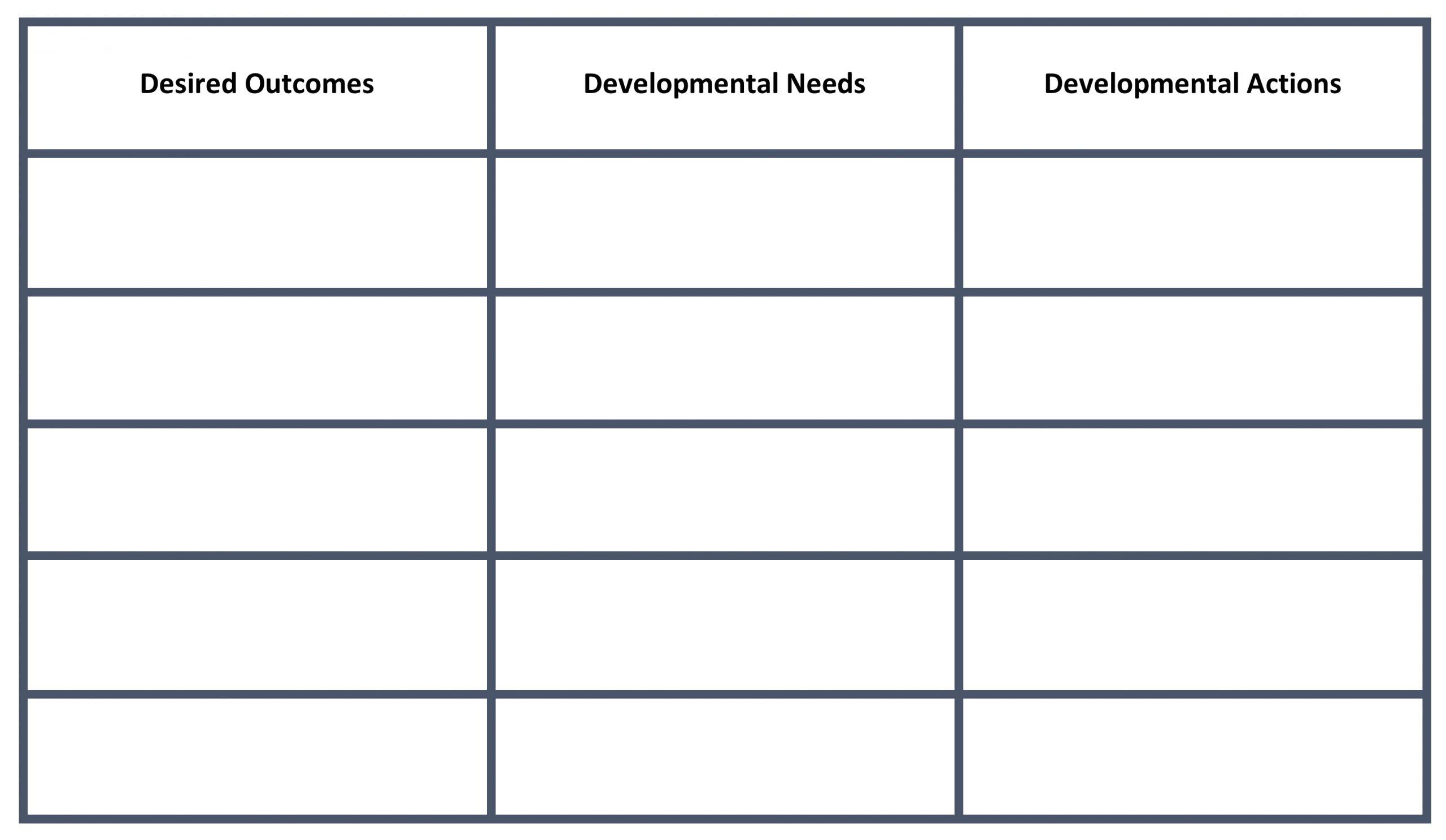Business Bites: Mind the gap
Are you preparing for a new or wider role in your career? Before you decide on your aim, you must first have clear sight on your target.
Have you got a clear idea on what is important to you for the future and are these priorities reflected in your long-term career goals?
To get from the ‘current’ to the ‘desired’ you may first need to identify where your knowledge and skills gaps lie and what actions you or others can take to close those gaps.
There are several things that can help you to identify the gaps. Firstly, if you have a particular role in mind, look at the job description and desirable traits for the role. Using this as a target, you can now start to establish where your developmental needs may lie.
Using a variety of tools, such as 360 feedback and personality profiles, will help you to establish your traits and biases as seen by others and as seen by yourself. Examples of personality profiles include Myers Briggs Type Indicator (MBTI), VIA Character Strengths Survey, PFS Type Dynamics Indicator Test.
To build your plan you may wish to use a very basic template such as the one below:

Outcomes-based developmental planning model
This simple model works by looking at the desired outcomes, needs and activities needed to achieve them.
- Focus on how you would like to perform differently in future after undertaking a focused developmental process
- Determine the skills, knowledge and contextual understanding that you will need to develop to achieve your desired outcomes
- Focus on your identified actions to achieve your goals
- Discover the gaps to reach your desired goal, identifying your developmental priorities and looking for support from your line manager, a mentor, or a coach
Your plan should be actionable (think SMART goals), aligned with the needs of the business (get buy-in) and based on feedback.
Building your plan
1. Start with outcomes. Your planning process starts from a detailed description of the challenges that you will be able to become skilled at and the work outcomes you want to achieve as a result of completing your developmental actions.
2. Make it focused and precise. SMART goals will help.
3. Make it actionable. Identify the most important actions to be taken, the most appropriate sequence and timing for completion of actions.
4. Make it aligned with the business. Ensure that your stakeholders agree with your planned outcomes and your development needs. Decide who will need to support you and how.
5. Make it based on feedback. Identify others best placed to offer developmental feedback. Continually revise your plan based on the available feedback. 360 feedback as mentioned earlier can be a useful process as you gather feedback from your line manager, subordinates, peers, and other appropriate stakeholders.
You may also actively seek feedback by initiating this through conversations. Make sure that it’s clear that you are looking for help in identifying skills and abilities to help you towards your career goals. If the feedback seems fuzzy or vague, ask for them to be more specific and to give examples if possible.
Some of the feedback that you receive may challenge your view of yourself. Don’t debate it. Summarise the feedback that you have heard back to the individual and thank them for their help. Look for recurring themes in the feedback to help identify your development needs.
Having a mentor or coach is one of the most important things a person can do to enhance their career and professional life: but which one is right for you and what is the difference?
When deciding whether to use a coach or a mentor, consider the goal you wish to achieve. The coach and the mentor will help professionals in different ways to accomplish their goals. In fact, some professionals use multiple coaches or multiple mentors throughout their careers, depending on their desired goals.
In both coaching and mentoring, trust, respect and confidentiality are at the forefront of the relationship.
It is important to understand the difference between having a coach and having a mentor.
You can read more on this topic in the Leadership section of the ABDO Business Support Hub.